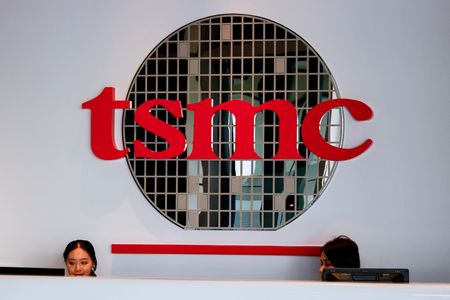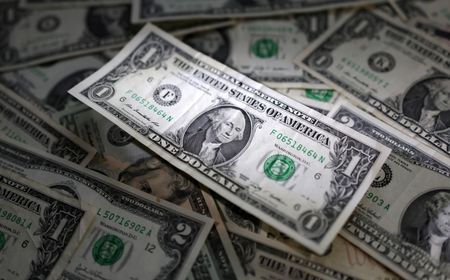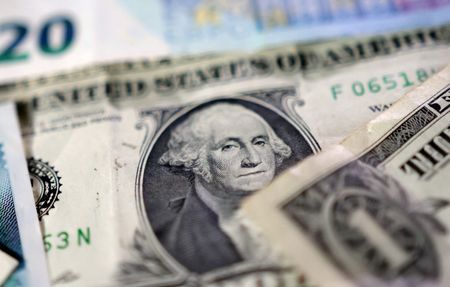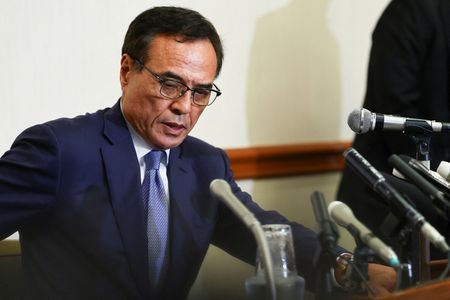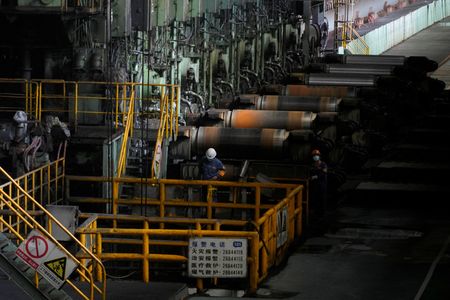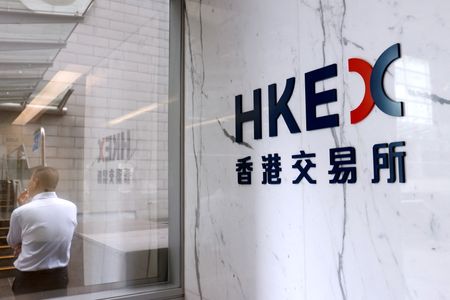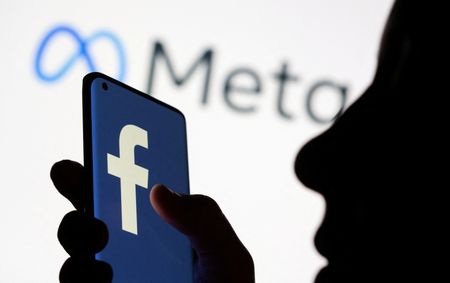By Karen Freifeld and Wen-Yee Lee
(Reuters) -Washington has revoked TSMC’s fast-track status for U.S. chip manufacturing equipment exports to its main plant in China – a move that comes days after revocations of the same privilege for South Korean chipmakers.
Keen for China not to benefit too much from advanced American technology, U.S. President Donald Trump’s administration has been re-examining export controls that it thought were too relaxed under the Biden administration.
TSMC, which is the world’s biggest contract chip manufacturer, and rivals SK Hynix and Samsung Electronics have, until now, benefited from exemptions to sweeping restrictions that the U.S. has imposed on chip-related exports to China.
The privilege known as validated end user status will end December 31, TSMC said, meaning shipments of American chipmaking tools to its plant in Nanjing after that date will require U.S. export licenses.
The plant makes 16-nanometre and other mature node chips – not TSMC’s most advanced semiconductors. TSMC said in last year’s annual report that its Nanjing site generated about 2.4% of overall revenue.
TSMC said it was evaluating the situation and communicating with the U.S. government, adding that it remains “committed to ensuring the uninterrupted operations of TSMC Nanjing.”
Taiwan’s Ministry of Economic Affairs also said it will continue to maintain close communication with the U.S. and with TSMC “to monitor developments and provide necessary assistance.”
The Commerce Department said Friday that the U.S. planned to grant license applications to allow foreign companies to operate their existing facilities in China, but not to expand capacity or upgrade technology.
While shares in SK Hynix and Samsung, which have substantial production facilities in China, sank after their exemptions were revoked, TSMC shares were less affected, trading flat on Wednesday.
The licensing change will likely reduce sales to China by U.S. equipment makers KLA, Lam Research and Applied Materials.
Leslie Wu, an independent semiconductor analyst, said, however, that Chinese equipment makers such as Naura and AMEC were unlikely to benefit, as the plants have completed their expansion plans in China.
Instead, “the revocation could benefit Chinese component suppliers when imported machines require maintenance or replacement of consumable parts,” he said.
(Reporting by Karen Freifeld in New York and Wen-Yee Lee in Taipei; Additional reporting by Akash Sriram in Bengaluru and Che Pan in Beijing; Editing by Miyoung Kim and Edwina Gibbs)

